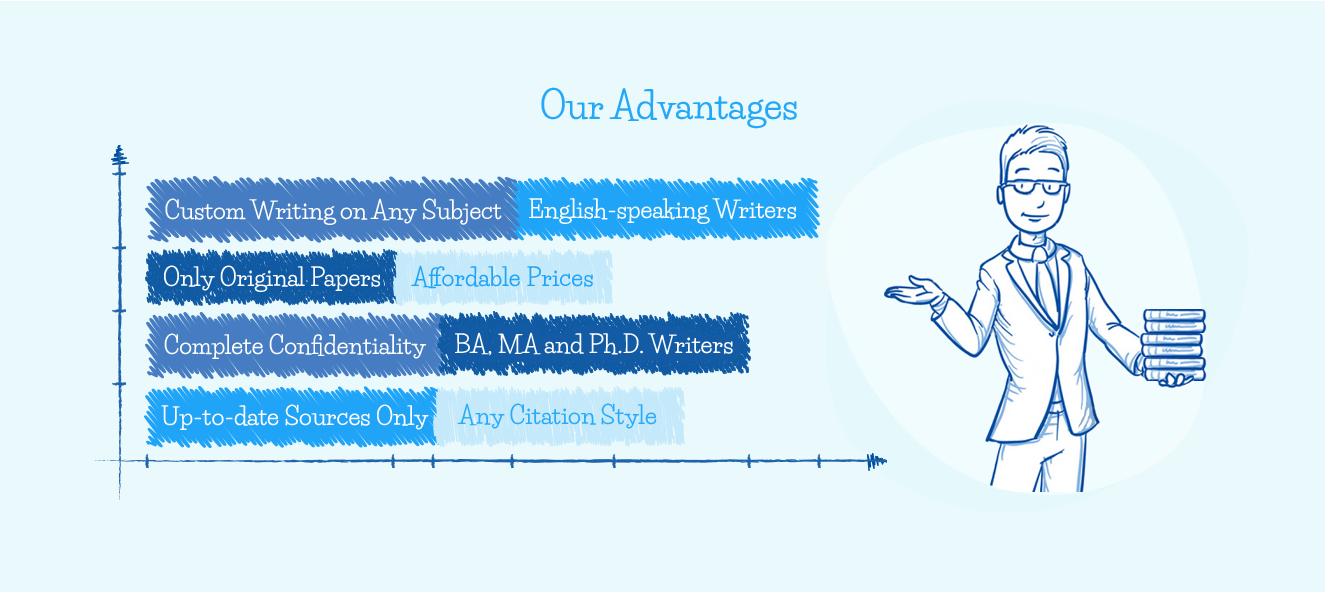Veterans, PTSD, and the Undoing of Character
Introduction
Post-Traumatic Stress Disorder (PTSD) is among the major manifestations of severe trauma that people experienced in their lives. A variety of problems may result in PTSD in the future ranging from incidents of childhood abuse to painful combat experiences. These experiences manifest later in a variety of ways. Shay has explored the issue of PTSD resulting from combat experience in his book, Combat Trauma and the Undoing of Character. An analysis of the book and the stories of the people presented in the class illustrates that PTSD affects not only the person who was a subject of trauma but also people undoing the character of the victim.
How PTSD undoes character
Character refers to mental, psychological, and moral qualities that are distinctive to a certain person. Consequently, the idea of undoing a character refers to the changes in the character of a person to an extent that their psychological, moral, and mental qualities are upturned. As a result, the person experiences and exhibits behavioral and psychological traits that he/she did not exhibit before. Transformation in the character of an individual, or the “undoing of character,” as Shay has termed it, is mostly negative as explored in his book about Vietnam veterans.
A trauma that leads to the “undoing of character” has several major elements. The trauma, as is apparent from the title, is a result of wartime combat experiences and thus affects people who have been engaged in combat. Consequently, the first element is the person’s loss of control over his/her mental functions. Thus, sometimes negative thoughts come into a person’s mind in such regularity that he/she cannot control them in a meaningful way. In some instances, the person will be happy and relaxed with the family, but then combat memories will evoke feelings of despair or violence. The lack of control over the veteran’s mental process is a trigger for other negative symptoms.
The second and third elements of the trauma are the persistent mobilization and activation of the body and mind for lethal danger. In a combat zone, split-second decisions make the difference between life and death. Hence, in a combat zone, mental and physical hyper-alertness might be a useful tool. However, the veterans who develop PTSD never stop being hyper-mobilized, even after leaving the battlefield. They tend to consider everything as an existent mortal danger. For instance, some of them will struggle to get corner tables at a restaurant so that they can watch all the people while enjoying the meal. Moreover, they tend to react to noises in the way a person at a combat zone will, assuming that all loud sounds could be enemy explosions. In case they are in a crowd and know few people in the group, they tend to think that the enemy surrounds them, and either flee or start sweating.
The fourth element of trauma is chronic health problems that result from the persistent mobilization of the body. As the mind and body strain to adapt to a new state of constant hyper-alertness, the veteran will develop health issues due to physical and mental exhaustion. These issues can be either physical or socio-physiological.
Because of events that occurred in the war, the person might also live in a state of constant fear of betrayal from others. The fear, which might seem irrational to other people, stems from the fear experienced in a combat zone. Namely, veterans feared that in case they were seriously wounded or died, their counterparts would leave them on the battlefield in a bid to save themselves. After the combat experience, such thoughts tend to intensify. Thus, some veterans who suffer from PTSD are unable to have high levels of trust to build or restore relationships among family or with individuals the veteran formally considered their friends before deployment.
There is also the issue of preoccupation with the government and enemy combatants. Some of the veterans experienced things that the politicians classify as top secrets, as in the case of American soldiers being in Cambodia during the Vietnam War. As a result, some of them worry that the government is always listening to their conversations by bugging their homes and offices so that they cannot reveal information. Moreover, some of them are convinced that enemy combatants are still lurking around the corner, aiming to harm them. This is one of the reasons for hyper-alertness.
All these issues result in a state of despair, isolation, meaninglessness, and suicidal thoughts. The reason is that the veterans feel they can no more to live with their family and friends, who tend to understate what the veterans are going through and thus isolate them, whereas the veterans also detach themselves from other people. Such issues can lead to suicidal feelings. Living in this constant state, many veterans take refuge in alcohol and drug abuse.
Examples from speeches in class
Bill Matson
Bill Matson, who grew up during the Great Depression, had been feeling hopeless since childhood. His family had financial problems during the Depression era, but with time, he learned to survive. During the 1960s, he was enlisted to go and fight in Vietnam as a part of Company 100.
In various instances, Bill Matson felt that he was lucky to survive, while his colleague soldiers died on the battlefield. However, the experience would later make him develop survivor’s guilt, wondering if he did enough to help his friends. At one point, he was less than a hundred yards behind a shooting scare that killed some of his counterparts. Moreover, the company spent more than twenty-four days walking, which has led to a myriad of issues, including exhaustion. He also witnessed the destruction of the American Camacho 681 helicopter.
After demobilization, Bill Matson developed PTSD, and thus, his character changed due to the disorder. In the first place, man found it hard to socialize and interact with people. Consequently, after returning from the war, he was unable to perform his job as he did before and thus opened a business. Nonetheless, there was still a concern as he could not communicate with individuals who desired his company. Hence, there is an apparent shift in his character from a reasonably jovial person. He also struggled to be happy and was constantly hungry. Thus, his children could not understand the cause of the shift in his mannerisms.
Melissa Wasserman
Melissa Wasserman struggled with the moral shame of having participated in the war, including apparently using Agent Orange and destroying plant life. Such guilt is an indication of the lack of control over the mental faculty as the feelings of guilt overwhelm Wasserman. Washing the blood from the pieces of the other ten soldiers who died is a point of major struggle for her as it evokes the feelings of despair, hopelessness, and meaninglessness one experiences in the war. Such feelings are also apparent in the nightmares that Wassermann experiences regularly. Furthermore, it seems that she feels guilty for not being able to help people who were dying and constantly wonders if she might have betrayed the colleagues who died.
How it works
Step 1
Visit our website and go to the order formStep 2
Fill in specific essay details in your order description sectionStep 3
Pay for your custom essay and get your order verifiedStep 4
Process of writing your academic assignmentStep 5
Editing and anti-plagiarism checkStep 6
On-time delivery of an already written essayMoreover, the fact that she lives near an airport also impacts her in a major way. Thus, she is always on high alert and in a state of permanent mobilization. It is also apparent that Wasserman can barely control her thoughts as living near an airport makes her develop intrusive thoughts that make her remember the sound of the bullets as they hit the helicopter. This state of affairs keeps her in a state of persistent mobilization and activates the body and mind for a lethal danger as if she were in the combat zone. However, the therapy the woman is receiving seems to be working, and she is glad to narrate the story to the class.
Conclusion
In conclusion, it is apparent from the book and the speeches in class that PTSD affects not only Vietnam veterans who suffer from trauma but also their relations with other people as a result of the undoing of their character. Thus, after the veterans returned from the war, most of them changed completely. The change is apparent in several manifestations of trauma. These include instances such as the loss of control over one’s mental functions. Secondly, the veterans experience a psychological state that makes them ready for mobilization and activation of the mind and body in the fear of mortal danger. The veterans also have a preoccupation with the government and enemy combatants. These factors further are manifested in despair, isolation, meaningless, and suicidal thoughts. Furthermore, there are instances of veterans’ addiction to drugs as comfort from all these instances of mental trauma.

















